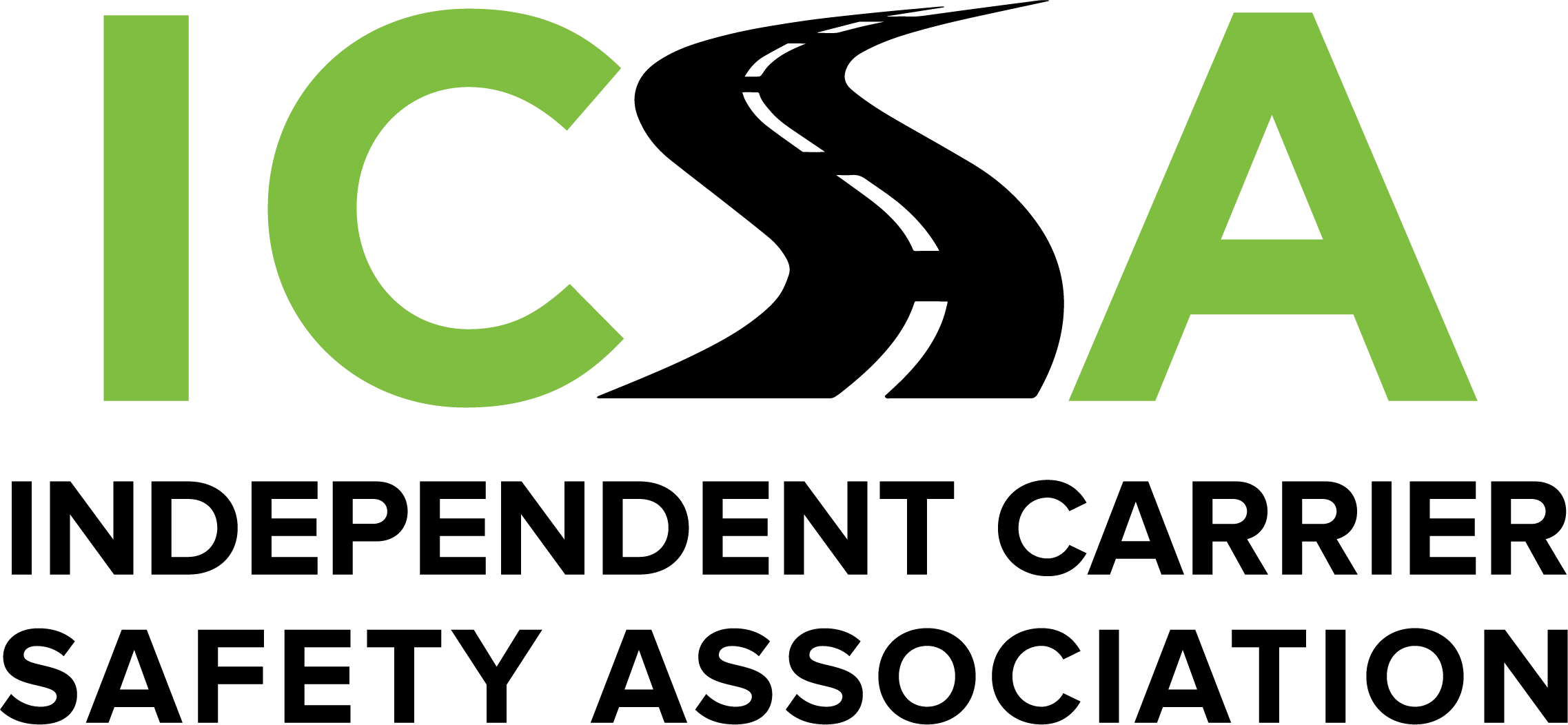
Temperatures aside, weather experts already are forecasting some nasty winter weather in some parts of the country. Driving in wintry weather is tricky for even the most experienced driver. Now is the time to brush up on winter driving techniques.
Drivers must constantly analyze conditions and adjust to them, but “conditions” include more than just the weather. Factors such as the condition of the tires, tire inflation, load weight, and weight distribution affect how a heavy truck will behave in winter weather.
Experienced drivers must constantly fight complacency. Just because a driver has never been in a weather-related accident does NOT mean he or she is practicing safe driving habits. Every year we see jackknife and rollover accidents where the driver says he/she was driving at the same speed in bad weather that they always do and have never had a problem. Until now!

The smart decision is to refrain from driving at what drivers feel is the maximum speed at which they can safely control the vehicle. Experience has shown that backing off a little from the speed limit can go a long way toward preventing a crash. Here are five safety factors drivers need to remember in wintry weather conditions:
- The key to avoiding a weather-related accident is leaving enough TIME and SPACE to react. Slow down and back off! Never get in a rush in bad weather.
- Keep the 5th wheel greased so that it can turn easily in slippery conditions. This will reduce the chance of a jackknife.
- Keep extra food and blankets on board. Know the weather ahead on the route and have several contingency plans for places to stop and wait out the storm if needed. Drivers can find up-to-the-minute weather conditions anywhere in the country on ICSA’s website at www.safecarriers.org by clicking on the link that says Check Current Weather Conditions.
- Avoid bobtailing or deadheading in slippery conditions.
- Good traction helps avoid weather-related crashes. Don’t be afraid to put on one or two chains even when they aren’t required. Make sure chains are repaired and in usable condition before they are needed. Know how and where to chain up if necessary.
Drivers who are not experienced with winter driving are encouraged to go to ICSA’s winter driving page. Drivers will pick up many other tips as they gain experience driving in winter conditions. A smart driver should be a little nervous and totally focused on the task of driving in any bad weather. A successful, professional driver is a cautious driver. Get there safely even if the load is picked up or delivered late.



